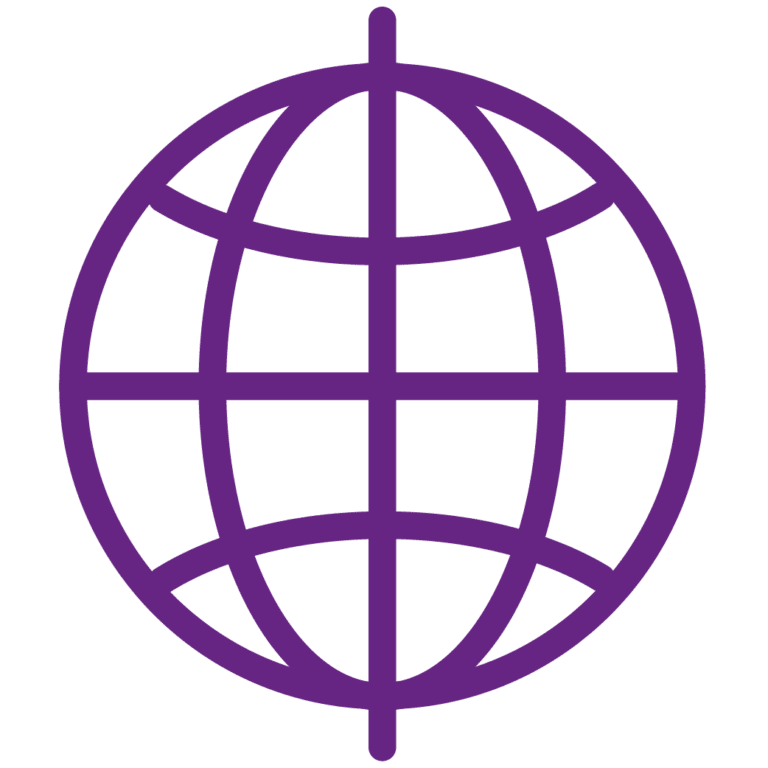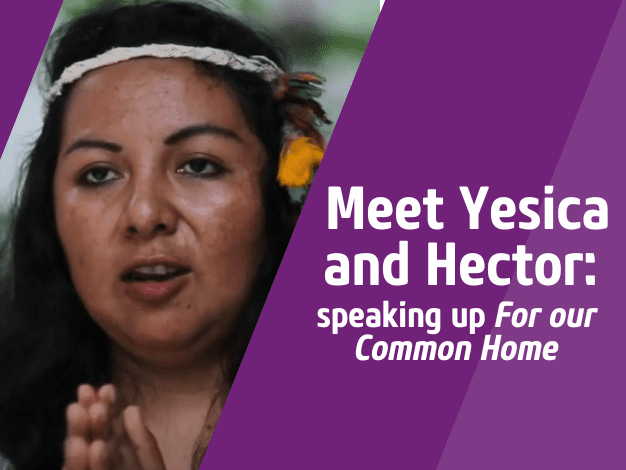Peru is blighted with chronic political instability, a legacy of former dictator Alberto Fujimori, who was deposed in 2000 and is serving a prison sentence for corruption and human rights abuses. The return to democracy has been marked by four presidents and two congresses between 2017 and 2022, and polarization between the right led by Keiko Fujimori, daughter of the dictator, and the progressive sector, led by Pedro Castillo until December 2022. President Castillo’s impeachment after he dissolved the national Congress caused a political earthquake and unleashed severe repression against demonstrators protesting the ascension of vice-president Dina Boluarte to the presidency. With 50 dead in the unrest, most killed in use of excessive force by the security forces, our partners called on the police to use proportional force and for new elections.
The backdrop in Peru is of a growing gap between rich and poor, unbridled extractive projects damaging some of the continent’s most important ecosystems, and increasingly eroding environmental norms.
Nearly 26% of the country’s population lives in poverty, worsened by pandemic lockdowns. About 220,000 people lost their lives to COVID 19, one of the highest per-capita death rates in the world. This high rate, particularly in the Amazon region, exposed the lack of state investment in national health and the vulnerability of poor people to infectious diseases.
Peru is one of the most biodiverse countries on the planet, with 67% of its national territory in the Amazon. It is also one of the most vulnerable to climate change, accelerated by poorly regulated extractive projects that have left serious environmental impacts, in many cases severely affecting public health.
Canadian businesses, with strong support from the Canadian government, are one of the most important investors in the extractive sector, which is central to the country’s economy. However, mining, oil and gas concessions are handed out with little transparency and failure to consult local communities, often resulting in severe social conflicts and even murders of environmental defenders. Rampant corruption exacerbates lack of responsible regulation of extractive projects.




Development and Peace – Caritas Canada works in Peru because of its dynamic civil society and its capacity to mobilize for social change. Also, the voice of the progressive Catholic church of Peru has a significant influence on the rest of Latin America.
Fr. Gustavo Gutiérrez formulated his innovative pastoral approaches to working with the poor in the marginal areas of Lima in the 1960s. He made an important contribution to liberation theology, which is a major current of Peruvian church life today.
The Church works to support communities impacted by extractive projects throughout Peru, advocating for their right to free, prior and informed consent, better environmental regulation and appropriate medical care for those suffering from mining pollution.
The Church is a major voice in the movement to tackle impunity, and has pushed for justice for the victims of murders, disappearances and torture during the Fujimori dictatorship. It has spoken out against a pardon for Fujimori called for by the political right.
Pope Francis’s 2018 visit to the Peruvian Amazon and the northern city of Trujillo, which was severely impacted by climate change-related flooding, set a new agenda for the Church on the implementation of the encyclical Laudato Si. The process for the 2019 Synod on the Amazonian region was launched in Puerto Maldonado, Peru, which the Pope called “the periphery of the peripheries.” The synod declared that care for the fragile Amazon ecology and its indigenous peoples at the centre of the Church’s modern-day calling, leading to the creation of the new Episcopal Conference for the Amazon Region (CEAMA).
Our programming focuses on ecological justice, democracy and citizen participation. We support local communities through various activities such as:
We will watch closely how the political context in Peru affects human rights and the work of our partners. Along with allies in Canada and within the CIDSE network, we will develop an appropriate advocacy response.
We will continue to work with the Church on implementation of the recommendations of the synod on the Amazon region and the papal exhortation “Querida Amazonia”, coordinating our work with CELAM, the Latin American Episcopal Council.


About us
Our work
Get involved
Ways to give
Resources
Get in touch
555 René-Lévesque Blvd. West, 8th Floor
Montreal (Quebec) Canada H2Z 1B1
Phone: 514-257-8711
Toll-free: 1-888-234-8533
Fax: 514-257-8497
Email: info@devp.org
Charity number: 1 1882 9902 RR 0001


Our international cooperation program is carried out in part with the financial support of the Government of Canada acting through Global Affairs Canada.
Development and Peace — Caritas Canada is the official international solidarity organization of the Catholic Church in Canada and the Canadian member of Caritas Internationalis.
Copyrights © 2024
Don’t miss anything about the work of our international partners or our awareness and mobilization campaigns.
Sign up now for our newsletter.